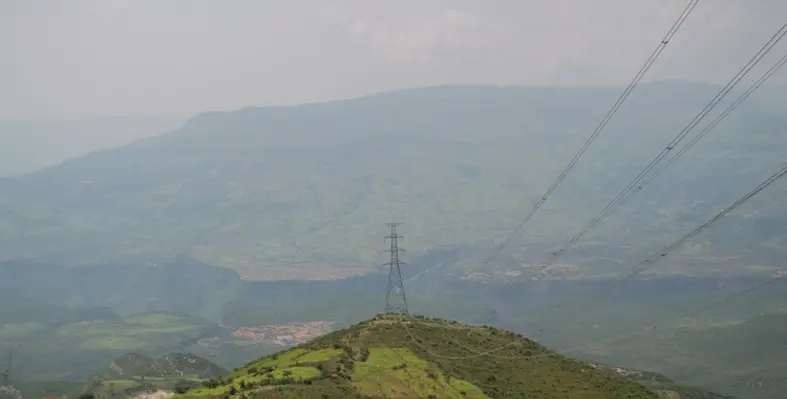According to Synergy Consulting, Africa's uneven progress in energy access calls for stronger action
In recent years, the global community has made significant strides in expanding electricity access, with Africa being no exception. However, despite progress, achieving universal energy access across the continent remains a significant challenge. Africa's diverse landscapes, economic disparities, and unique circumstances demand stronger, concerted efforts for equitable and sustainable power distribution.
Progress and disparities
Africa has witnessed notable progress in expanding electricity access, thanks to the combined efforts of governments, international organisations, and private entities. Urban centres have experienced considerable improvements in connectivity and reliability. However, a substantial portion of the rural population still lacks reliable access to electricity. This development gap between urban and rural regions exacerbates existing socio-economic inequalities, hindering overall progress.
Several factors contribute to the uneven progress in energy access across Africa, including infrastructure limitations, financial constraints, and policy gaps. The cost of extending power infrastructure to remote areas is often prohibitively high, deterring investment. Additionally, the lack of financial resources and viable funding models hampers the implementation of large-scale electrification projects. To address uniform progress in energy access, a multi-faceted approach is imperative, including investment in infrastructure, policy reforms, and integration of renewable energy sources.
Investment in infrastructure
Governments and international partners should prioritise investments in electricity infrastructure, particularly in rural and underserved areas. This would involve the development of transmission and distribution networks to extend the reach of power grids, connecting more communities to the electricity grid.
Policy reforms
To attract private sector involvement in electrification projects, governments should enact and enforce policies that incentivise investment. Streamlining regulatory processes and creating a conducive environment for private sector participation can attract much-needed capital. Public Private Partnerships can also play a crucial role in bridging the energy access gap by leveraging expertise and resources of both sectors. Governments should invest in training and capacity-building programs for energy sector professionals to develop and implement effective strategies for energy access.
Integration of renewable sources and energy efficiency
Governments should encourage the adoption of solar, wind, and other clean energy solutions, reducing reliance on non-renewable resources. This contributes to environmental sustainability and increases energy resilience, reducing dependence on expensive imported fuels.
Overcoming financial constraints
Governments should explore innovative financing models, such as blended finance and impact investing, to attract private sector investment. International organisations and development partners can provide technical assistance and financial support to help overcome financial barriers.
Promoting entrepreneurship and innovation
To spur creative solutions, Governments should create an enabling environment that supports startups and small and medium-sized enterprises (SMEs) in the energy sector. This can include providing access to financing, incubation programs, and regulatory support.
Enhancing cross-border cooperation
Regional integration of power systems and the development of cross-border transmission infrastructure can help optimise resource utilisation, increase energy trade, and enhance energy security. Collaborative initiatives and regional energy markets can foster cooperation and coordination among African countries.
Promoting community engagement
Involving local communities in the decision-making process and implementation of energy projects is crucial for their success and sustainability. Community engagement helps with aligning projects with local needs, priorities, and cultural considerations. It also empowers communities to take ownership of energy projects and facilitates the transfer of knowledge and skills.
This article is authored by Synergy Consulting IFA. For more information, reach out to:












